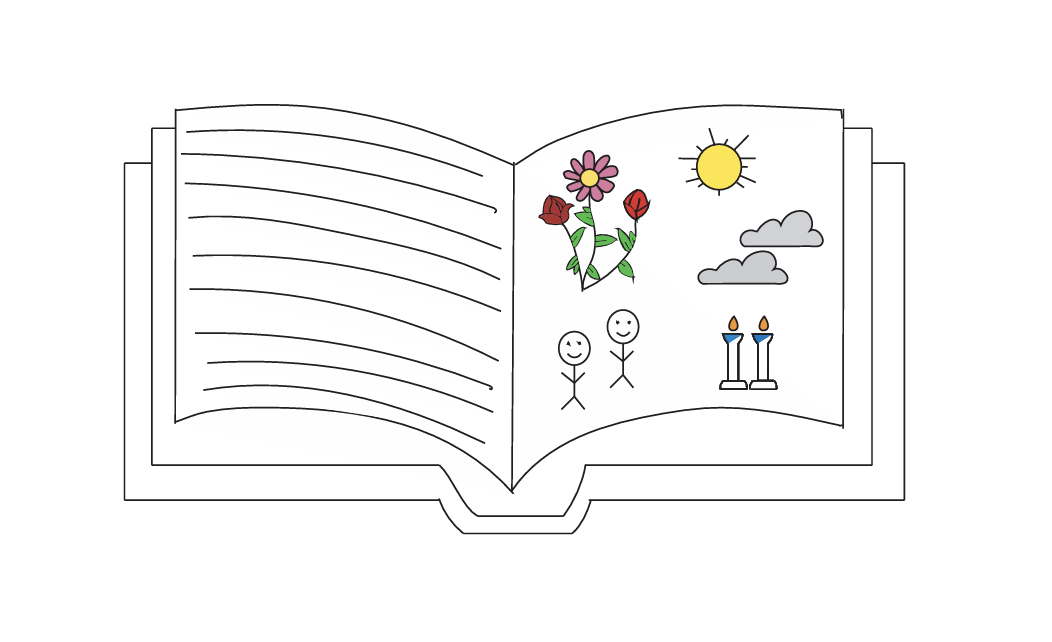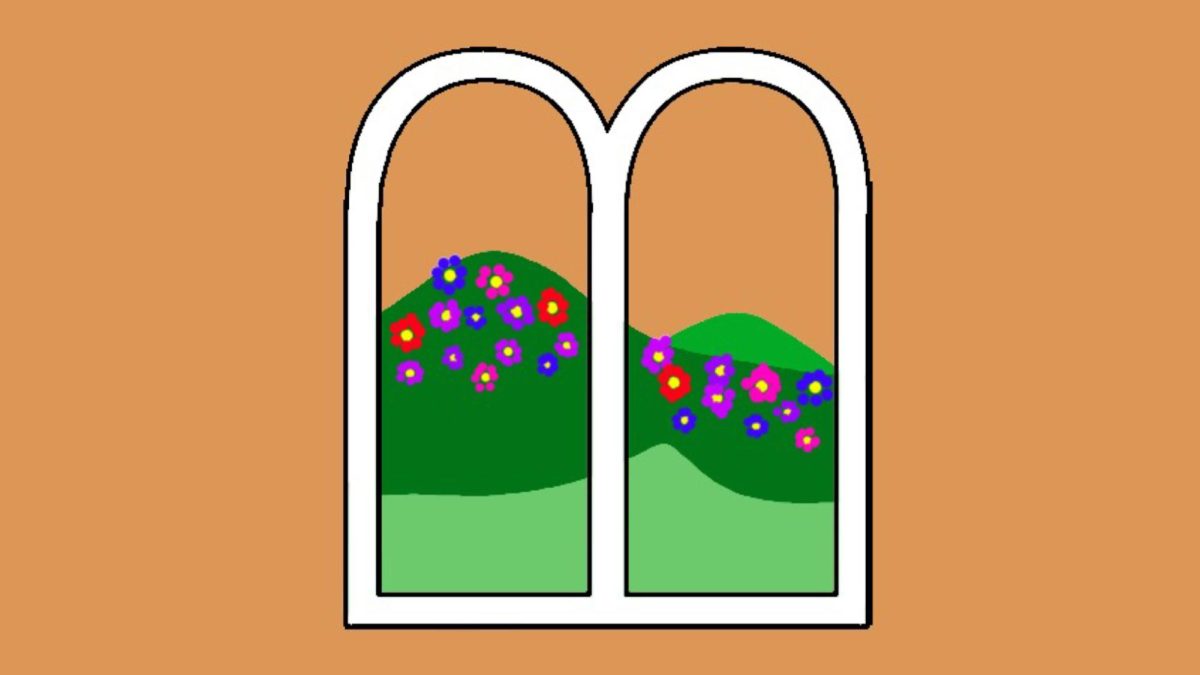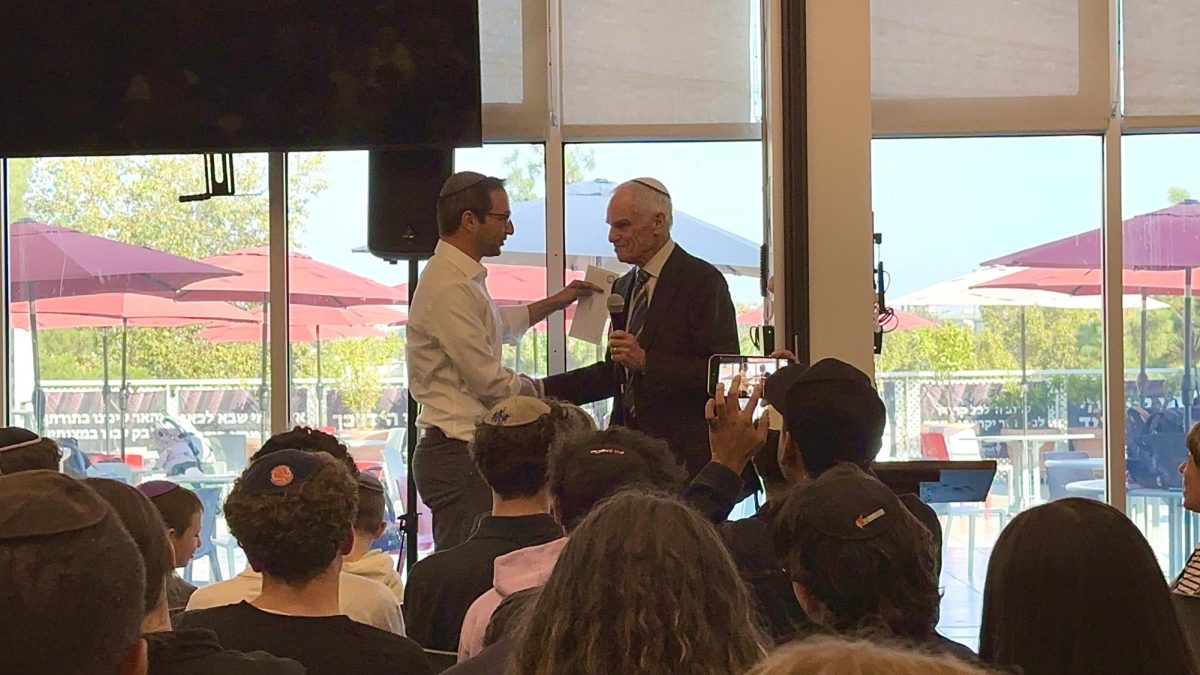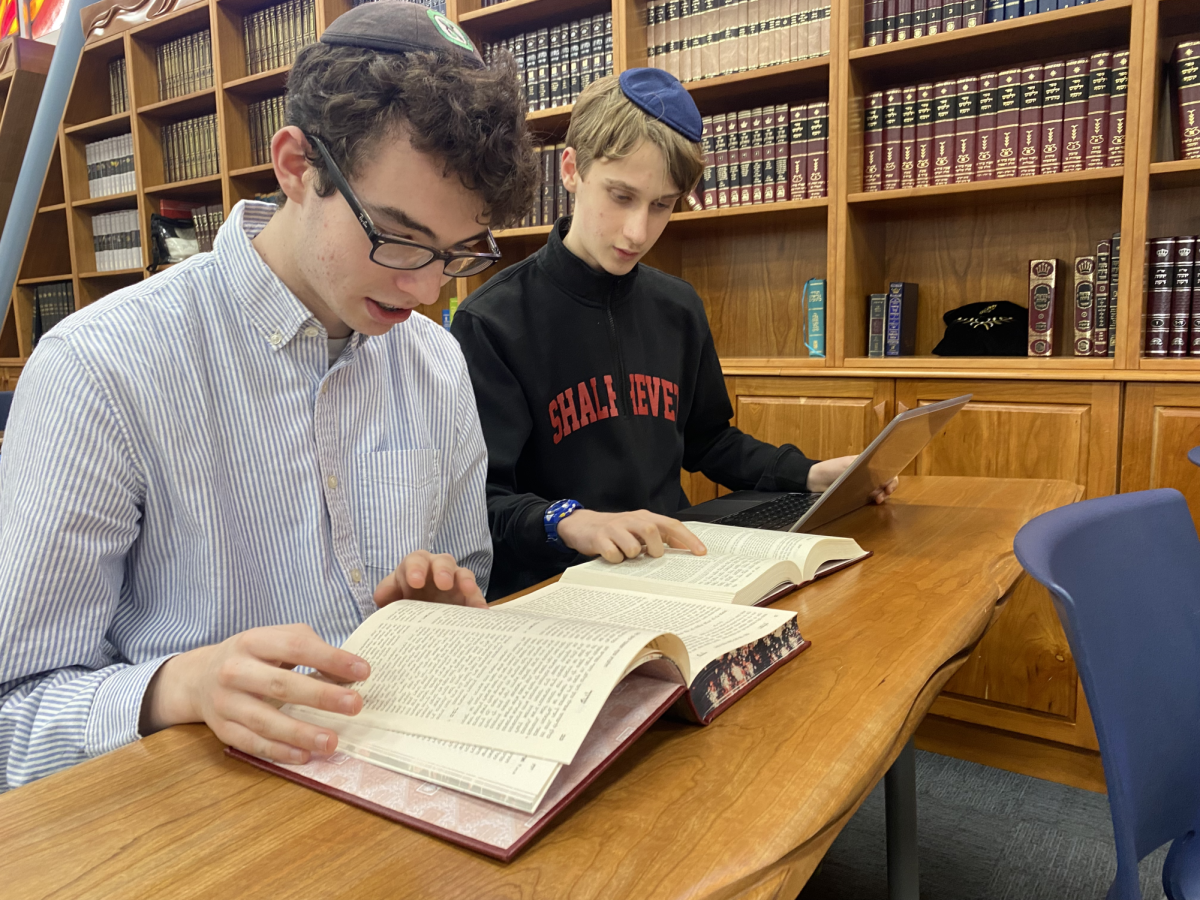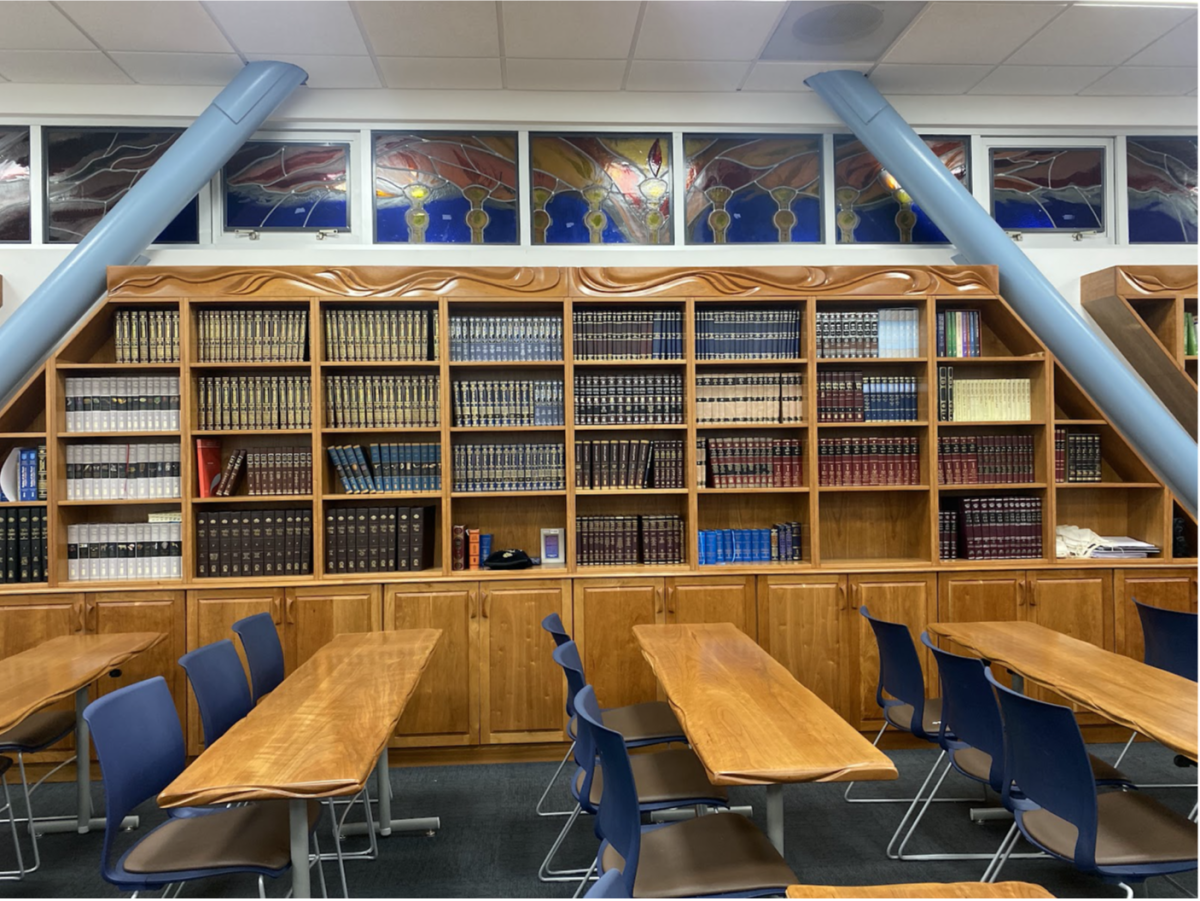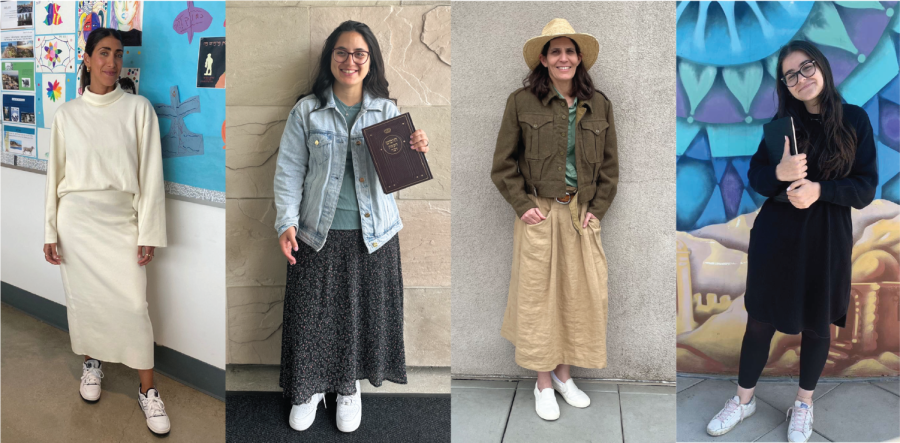Rashi, on the first pasuk of Bereishit, brings an interesting point from Rabbi Yitzchak of the Talmud: Why didn’t the Torah start with the commandment to sanctify the new moon, the first mitzvah given to Bnei Yisrael? Why bother with creation and the Patriarchs?
If the Torah is essentially an instruction book for Bnai Yisrael based on the mitzvot – commandments – why include Bereshit at all? After all, the book of Bereshit contains almost no mitzvot.
This week we have moved from sefer Bereshit, Genesis, into sefer Shemot, Exodus. Now is a time to reflect on Bereishit, its importance and its message.
Why does the Torah include Bereishit?
The answer to that question is actually the answer to one that is even more complex: What is the essential purpose of the entire Torah? There are many responses but Ramban – Nachmanides – in the introduction to his commentary on Bereshit offers a very salient quote from the Midrash Shir Hashirim Rabbah:
“They [the Sages] have also said: ‘It is written, And He declared unto you His covenant,’ which means: He declared unto you the Book of Genesis, which relates the beginning of His creation.”
Sefer Bereshit, according to Rambam, is a narrative that communicates the essence of Hashem’s relationship with humanity and the world. In Bereshit there’s the covenant of the rainbow between Hashem and Noach and the famous covenant between Hashem and Avraham. Bereishit delves into the origins of existence, the nature of Hashem’s creative power and the initial interactions between Hashem and humanity.
Creation itself, he argues, is the covenant.
It’s easy to see how this could be true. Bereshit, the opening book of the Torah, tells the story of creation, and the type of person we strive to be. It tells the stories of our ancestors, showing us that Hashem is not just a distant Creator but an intimately involved God who chose and cares for His people.
It reveals a God who was there from the beginning, shaping our existence, guiding us through challenges and making promises that span generations. In Bereshit Hashem creates His covenant with Avraham. That covenant is a testament to Hashem’s commitment to guide, protect and elevate the Jewish nation. Perhaps just as much as the mitzvot it contains, the reasons we have the covenant are integral to fulfilling the covenant.
This explains why Bereishit is as essential to the Torah as all of the particular mitzvot it contains. We know that the covenant is not merely a set of rules but also a guide; it’s about living out principles and values. It’s thus an invitation to engage with Hashem, to walk with Him as partners in the unfolding narrative of our shared history.
The Torah describes Avraham as a man who “walked ahead of God.” Avraham engaged with Hashem, he obeyed Him, of course, but he also talked with Hashem – as we learn in the story of Sodom, when Avraham bargained with Hashem to save Sodom even if only 10 righteous people lived there. Avraham walking with God is an invitation for each Jew to walk with Hashem in his or her own unique way. That’s why the Torah begins with a narrative of our shared history. Bereishit provides the context for this relationship. The teachings within the narrative of creation are essential so the people can comprehend the covenant fully, and this narrative of creation becomes the foundation upon which we build our understanding of who we are as a people and why our relationship with Hashem is so important.
This Shabbat, as we move into Sefer Shemot, it is important to build on the importance of Bereshit and the messages that it has recently once again taught to us. The Torah isn’t a dry legal code: it’s a testament to a living relationship. It’s a narrative that encourages us to grapple with our faith, to walk with Hashem – not as servants burdened with rules, but as partners navigating the complexities of life together.

